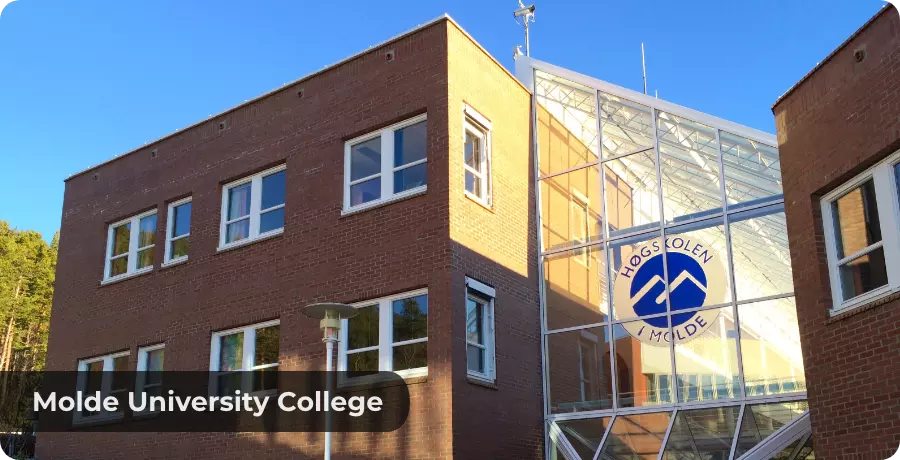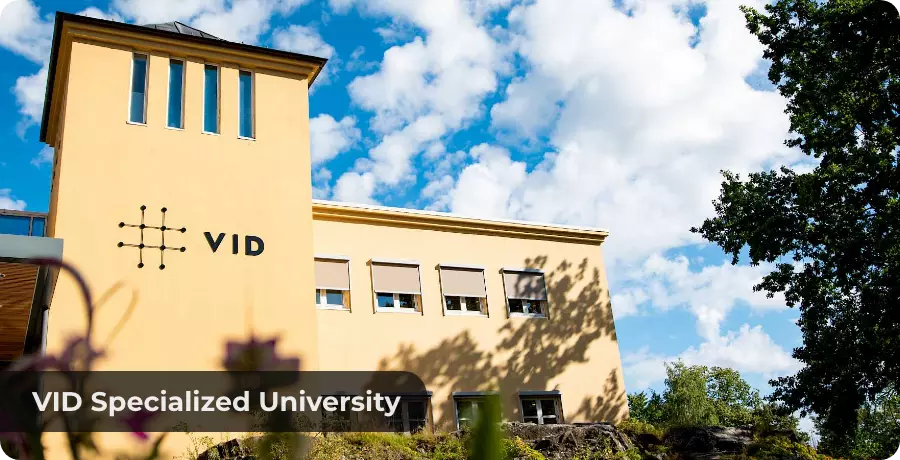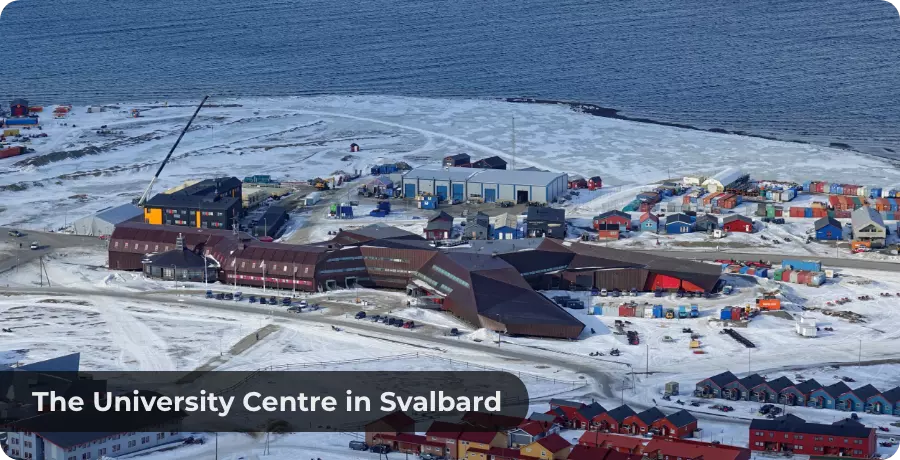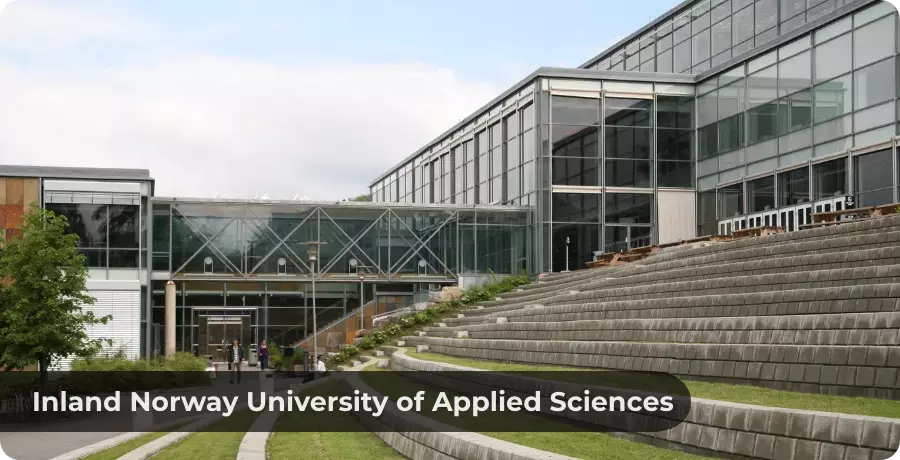Study in Norway - Highlights
Norway offers students a high-quality and standard education. Norway has become one of the most popular and preferred locations for studies by students from all across the globe. According to the Erudera.com reports, around 54000 students obtained their degrees from Norwegian institutions in 2022.The Norwegian Directorate of Immigration (NDI) suggests that around 3,943 graduate students and 293 post-doctorate students were given permanent residence in Norway in 2022. With a high standard of living, friendly natives, dazzling cities, and low crime rates, Norway is a safe and best place to take up studies for international students.
Core Facts About Norway
Education in Norway
![]()
Universities and Colleges 70+
![]()
Indian Students in Norway (2023) 2000+
![]()
Post-Study Work Permit 20 hours a week
![]()
Permanent Residence Yes
University / College Stats
![]()
Students Placed 1200+
![]()
Primary Language Norwegian
![]()
Popular Course Engineering, Natural Sciences, Social Sciences
![]()
Scholarships 1,17,817 NOK
Why Study in Norway?
Taking up studies in Norway is a rewarding yet challenging experience. It adds much value to setting up a career and is a worthy addition to the Curriculum Vitae. Apart from the low tuition costs, there are a lot of reasons why a student should consider taking up studies in Norway like the below:
- Tuition Fee – Most public universities in Norway offer free education to students for all programs under UG, PG, and Doctorate. This is for all the students regardless of their country and whether they are EEA/EU members.
- High Standard of Living- Norwegians are known for having fewer crime and unemployment rates. They also balance their work-life effectively and also are friendly.
- Quality Education – Norway has a wide range of universities and colleges that offer excellent training. Norwegians have a different approach to education; that is, they follow an informal campus atmosphere, small batches, and friendly teachers
- Natural Environment – Norwegians prefer to keep up their unique natural setup. The country has around 5M + population, and there is always fresh air and fantastic sightseeing views
- Tolerant and Friendly People – Norwegians are known for being friendly, tolerant, and laid back. People in Norway speak excellent English, and therefore communication is effortless.
Universities and Courses
Top Universities in Norway
Norway is one of the most preferred destinations to take up studies for international students. Despite having a high cost of living, Norway offers exciting wild and urban life, nature, and perhaps a free education. Though a small country with only a population of 5M+ people, the universities in Norway have acquired top positions in the university rankings. There are around 31 universities in Norway, and some of those reputed universities and their rankings are as follows:
Popular Courses in Norway
Norway Intakes
Norwegian universities have only one intake and also follow a strict timeline:
- December – March: Application Period
- August – Courses start in autumn
Cost of Studying in Norway
| Tuition Fees - Bachelors |
Private University - €7,000 to €9,000 per year |
|
Public University (Out of State) - 80,000 NOK ($8,000) to 490,000 NOK ($49,000) |
|
Public University (In-State) - NOK 10,000 to 15,000 |
| Living Expenses |
NOK 10,000 to 15,000 |
Scholarships for Indian Students in Norway
Scholarship
|
Maximum Offered
|
| Education Future International Scholarship |
Partial funding for Bachelors and Masters programs (estimated maximum:€5,000 to €7,000 per year) |
| Royal Society International Exchange Programme |
Partial funding for Post Doc studies (estimated maximum:Varies based on research project) |
| Google PhD Fellowship Program |
Full funding for PhD in Computer Sciences (estimated maximum:Full tuition fees and stipend) |
| Ramboll Scholarships |
Partial funding for Bachelors and Masters in Engineering, Natural Science, Political Science, Economics, and Architecture (estimated maximum:Varies based on program and merit) |
| National Overseas Scholarship for SC and ST Candidates |
Partial funding for Masters and PhD in various subjects (estimated maximum:Varies based on category and course) |
| BI Presidential Scholarship |
Fully funded scholarship covering full tuition fees and stipend for living expenses for each semester at BI Norwegian Business School (estimated maximum:Full tuition fees and stipend) |
Student Visa in Norway
| Cost of Visa Application |
Varies based on the type of visa and your nationality. Generally, the fee for a student visa (residence permit) is approximatelyNOK 5,400(as of my last update). Please check the official Norwegian embassy or consulate website for the most up-to-date information. |
| When to Apply |
Apply as early as possible, ideally3 to 4 months before your intended travel date. This allows sufficient time for processing and any additional requirements. |
| Visa Processing Time |
The processing time can vary, but it typically takes around15 to 30 days from the date of submission. However, during peak seasons, it may take longer. Be sure to plan accordingly. |
Documents Required to Apply for a Student Visa:
The documents required to apply for a student visa in Norway may vary based on factors like the student’s nationality and the type of study program they intend to pursue. However, some common documents include:
- A Valid Passport
- A letter of acceptance from the university applied to confirm the admission
- Proof of sufficient funds for the study and stay in Norway
- Health Insurance
- Recent passport-sized photographs taken in a white background
- The visa application form
- Academic transcripts
- A well drafted statement of purpose
- A police clearance certificate.
Required Entrance Exams
Language Proficiency Tests
If a candidate chooses a program taught in the Norwegian language, then he/she should be proficient in the same. For this, the candidate must take any language proficiency test accepted by Norwegian universities. Some of these language proficiency tests in Norway are as follows:
- Bergenstesten - The Norwegian Test for Foreigners
- Norskprøve – Test of Norwegian as a Second Language
- Tilpasset opptak - Norwegian Language Test for High School Admissions
English Proficiency Test:
If the program is taught in English, the candidate must provide proof of English language proficiency through standardized tests. Minimum score requirements vary by institution and program. The following are the accepted English language proficiency tests in Norway:
- IELTS
- TOEFL
- C1 Advanced
- PTE
Academic Tests:
There are no specific academic tests to clear for taking up studies in Norway. However, some Norwegian universities ask the candidate to clear a few entrance tests as a part of their selection process.
Work Opportunities in Norway
Job Role
|
Salary
|
| Ship Brokers |
Around124,000 NOK(average) |
| Directors in Oil and Gas Extraction |
Approximately108,490 NOK |
| IT Jobs (Front-end Developer) |
51,210 NOKper month |
| IT Jobs (Embedded Programmer) |
52,125 NOKper month |
| Nurses (Registered Nurses) |
45,000 to 55,000 NOK |
| Teachers (Secondary Education) |
45,000 to 60,000 NOK |
| Finance Managers |
70,000 to 100,000 NOK |
| Civil Engineers |
50,000 to 70,000 NOK |
| Software Developers (Java) |
60,000 to 80,000 NOK |
| Healthcare Specialists (Dentists) |
80,000 to 120,000 NOK |
Other Interesting Articles related to Studying in Norway:



















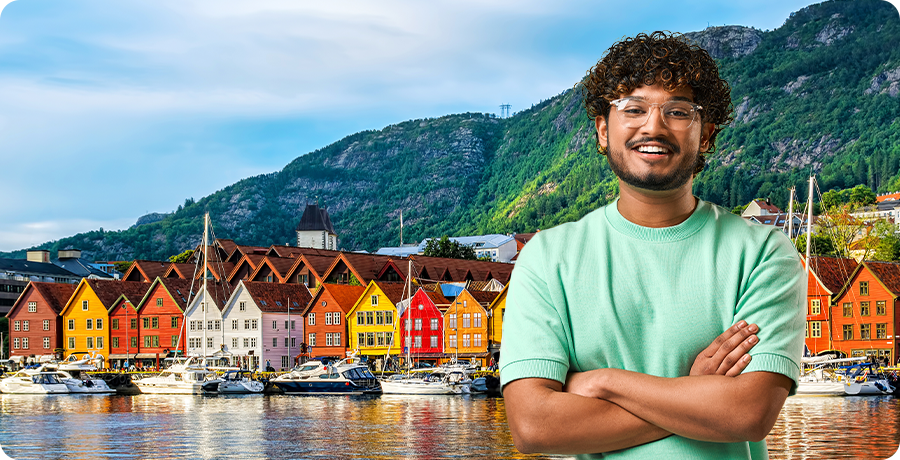


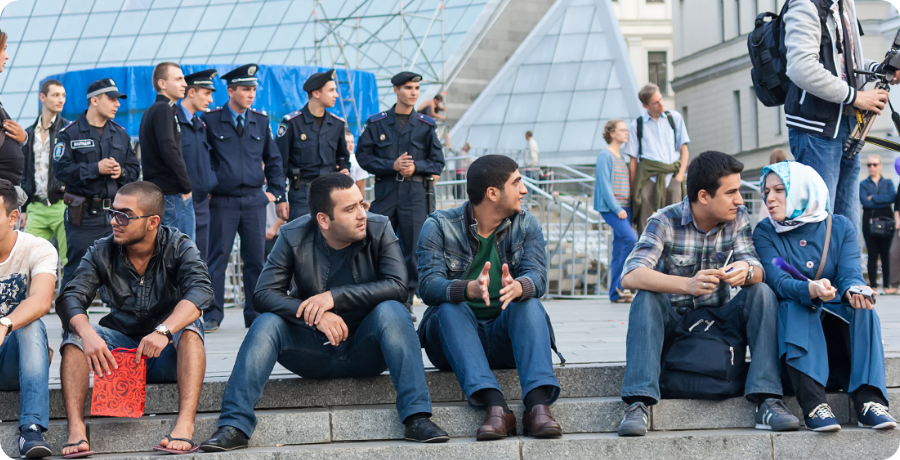



.webp)
